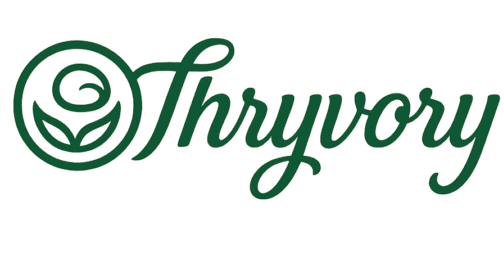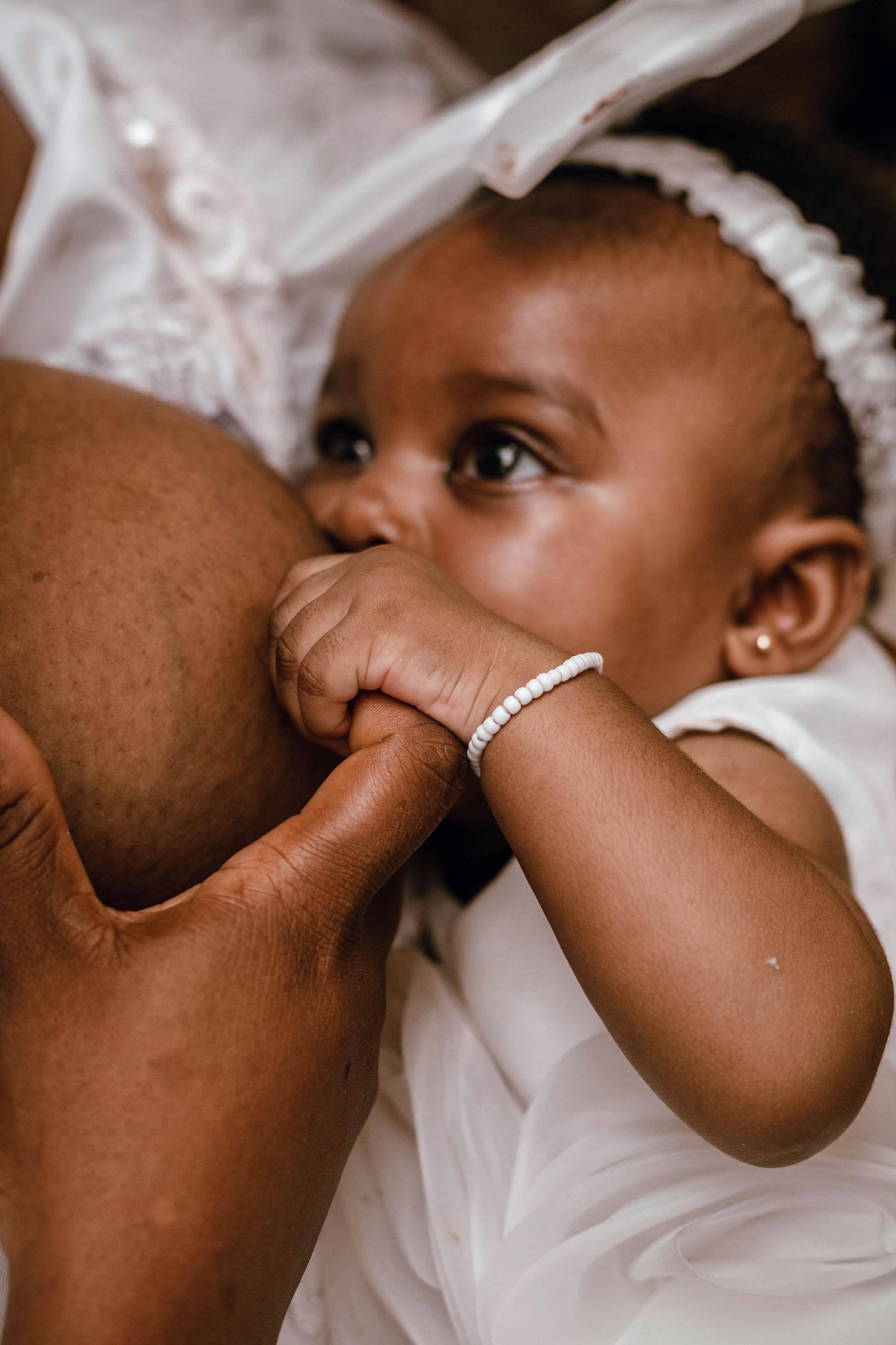World Breastfeeding Week 2025 Is Here: What Kenyan Parents Should Know
Behind every healthy child is a mother who made powerful decisions regarding her child’s wellbeing, one of them being breastfeeding. In Kenya, thousands of mothers rise each day with love and determination to nourish their babies, despite numerous obstacles.

In Kenya, our mothers have continued embracing breastfeeding with open arms. Statistics show that 60% of infants are breastfed in their first six months. This, however, does not mean Kenya is safe; this percentage has remained stagnant since 2014, putting 40% of infants at risk. It is high time Kenya stopped stagnating and made an improvement in breastfeeding.
World Breastfeeding Week 2025 is not just a celebration of our mothers; it is a wake-up call for every Kenyan to support our mothers and encourage them to perform this “sacred act”. This year’s theme, “Prioritize Breastfeeding, Create a Sustainable Support System“, challenges all of us to create an environment where breastfeeding is possible and enjoyed by mothers, both at home and in the workplace.
Exclusive breastfeeding: What it means and its importance
Exclusive breastfeeding (EBF) refers to feeding a baby solely on breastmilk for the first 6 months of life- no water, no formula, no porridge, no other foods and drinks unless prescribed by a health professional. Most Kenyan moms face pressure, either from culture or the need to return to work, to introduce porridge, cow’s milk or water at this stage, but it is not advisable.
Importance of Breastmilk
Breastmilk is important in the following ways:
- Nutrients: Breastmilk contains all the nutrients necessary for early child growth, such as zinc, iron, fat, carbohydrates, proteins and vitamins A and B9
- Colostrum, the first thick yellow fluid secreted after birth, is high in protein and low in sugar. It also contains immune factors that protect the baby against pathogens.
- It is clean, thus reducing the risk of infections to a child whose immunity is still maturing.
- It is associated with higher IQ scores; thus, it is essential for brain development
The World Health Organisation and Kenya’s Ministry of Health recommend EBF for the first 6 months, followed by continued breastfeeding of up to 2 years or beyond. By doing so, your infant is assured of optimal growth and development.
The Looming Danger in Kenya: Common Breastfeeding Myths.
Despite Kenya having a high literacy rate, it’s shocking how we still uphold deep-rooted myths regarding breastfeeding, and they continue to hold us back. Some of the most common ones are:
- Colostrum is bad: Most African cultures believe that colostrum is bad due to its thick yellow colour and therefore should not be fed to the baby. Studies, however, dispute this as colostrum is regarded as the best for a newborn, as discussed above.
- Formula is better than breast milk: It is believed that formula is better since it is high in zinc. However, the zinc in breastmilk, although relatively low, is more bioavailable than that in formula and cow’s milk.
- Maziwa Ya Mama Haitoshi( Breastmilk is not enough): The belief that breastmilk is not enough for child growth has led most mothers and caregivers to introduce porridge, water, cow’s milk and goat’s milk at an early age. It should be noted that breastmilk outranks cow’s milk and goat’s milk. Its nutrients are more bioavailable than those in cow’s milk, and the protein in cow’s milk may cause antigenic reactions in infants
- Exclusive breastfeeding malnourishes the mother: Another common myth is that breastfeeding for too long leads to wasting in the mother. The teaching is passed from well-meaning elders to current generations, causing mothers to be afraid of EBF. This makes them wean their babies at an early age, putting them at risk of malnutrition and infections.
A clarion call: the role of society in supporting Breastfeeding
Breastfeeding is the task of the mother, but the family and community also have a vital part to play. Following the work pressure on mothers, anxiety to feed in public and the numerous myths around breastfeeding, the society needs to support them wholly. This means that our fathers also have a role to play.
In most Kenyan homes, the decision about infant feeding relies not only on the mother, but the extended family as well. Therefore, if these groups are well educated on infant feeding, future generations will be safe. Some of the ways that we can support our mothers include, but are not limited to:
Normalize breastfeeding in public
Most Kenyan mothers are ashamed of breastfeeding in public. This is because most societies view breastfeeding in public as disrespectful and exposing oneself. However, society can reduce stigma by accepting breastfeeding as a natural act, not something to be ashamed of. Public campaigns and visible support can help change perceptions.
Provide Safe And Comfortable Spaces For Breastfeeding
Hospitals, workplaces, malls, churches and transport stations should provide clean private breastfeeding spaces for mothers to breastfeed without anxiety. Doing so is an act of dignity.
Provide Breastfeeding Education In Schools
Children are the leaders, teachers and parents of tomorrow. Educating adolescent boys and girls in schools or churches on breastfeeding will help break generational myths and provide a supportive future.
Challenge Harmful Cultural Norms and Myths
Community leaders, elders, and traditional healers significantly influence people’s views of health. Challenging the myths they so dearly hold will enable them to accept the truth, which they will zealously teach to the community.
Responsibly Use Social Media
Social media can be a great tool when used responsibly. Such platforms should share accurate information and success stories. They should not promote infant formulas as superior to breastmilk.
Conclusion
In conclusion, breastmilk is a powerful meal for infants and should not be denied to them except when recommended by a health professional. Breastfeeding, however, is not an easy task due to the prevalent myths and other maternal challenges. It is therefore a call to our society to support our mothers in breastfeeding without shame and in an informed way, not exerting too much pressure on them. By collaborating, we will raise a strong and nourished generation. Let’s support our mothers

